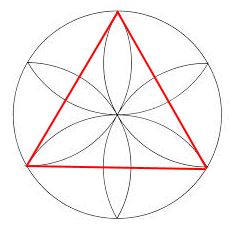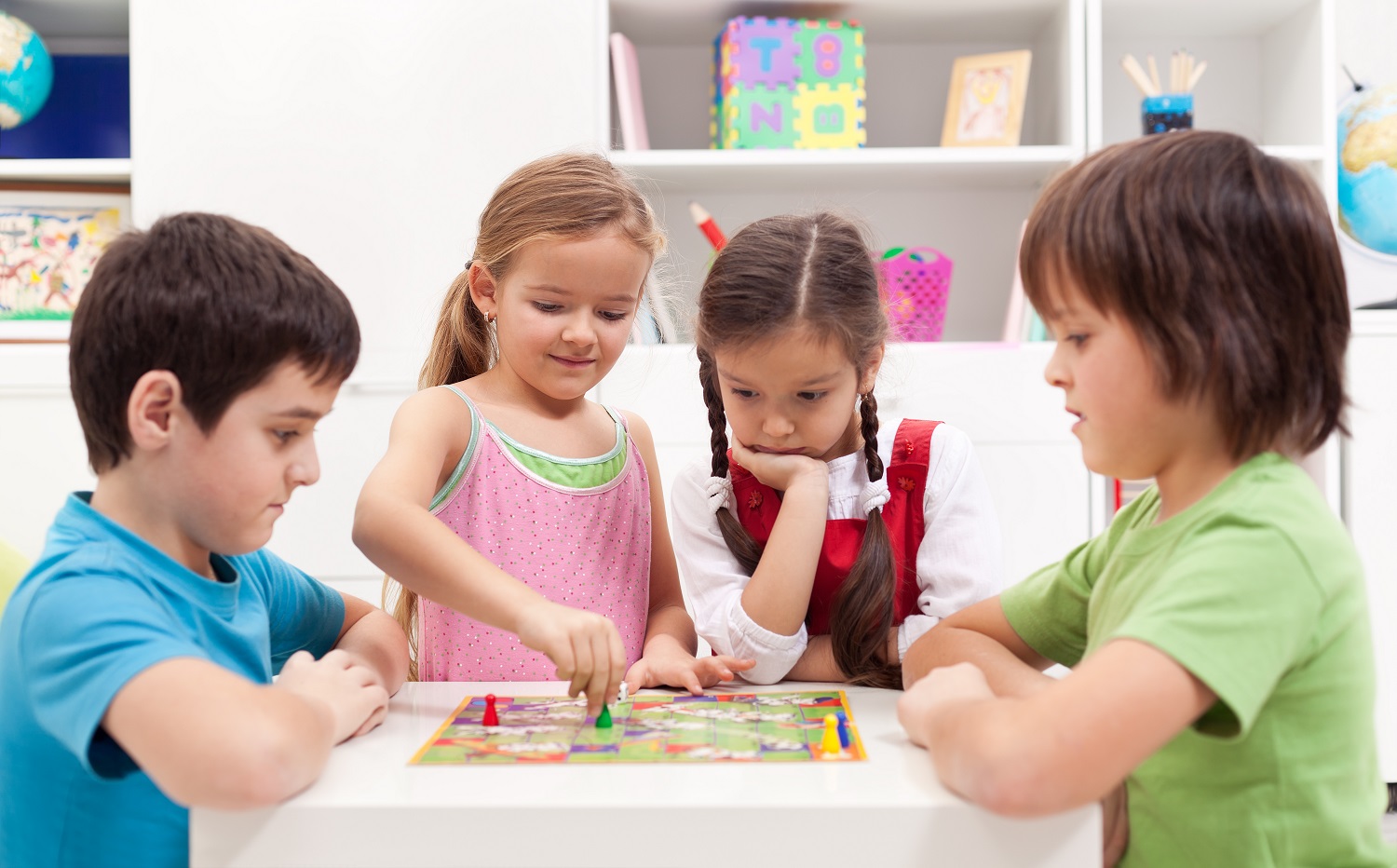
Maths – Constructing 2D Shapes
Drawing a 2D shape accurately can be a nightmare but there are ways to draw them accurately that are fun too. In these activities the pupils will accurately construct several regular 2D shapes. Suitable for: Year 4 to Year 6 Learning Focus: Be able to use a compass… Read More



